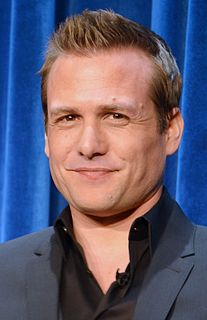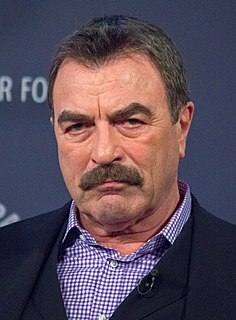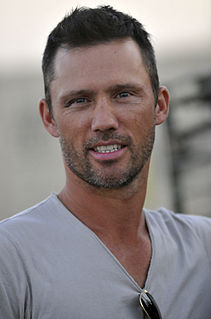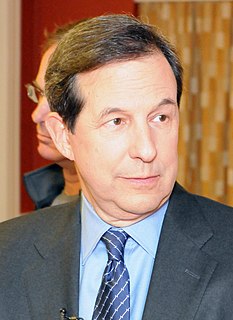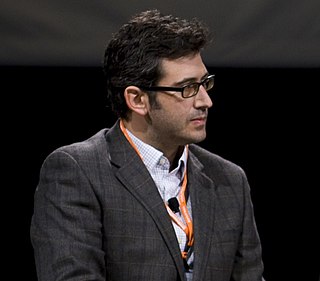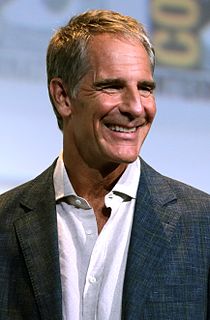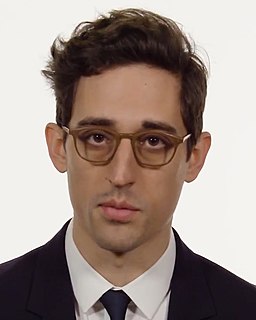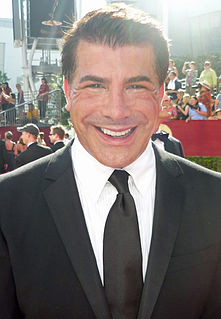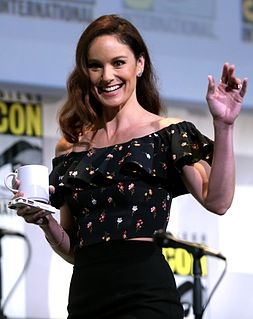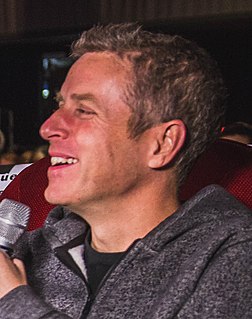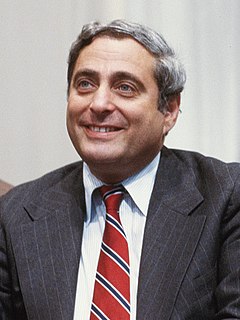A Quote by Gabriel Macht
For me, I think there's a lot more room in cable television to tell broader stories. NBC and the networks, they're all very mainstream, and they're a little more conservative in how they approach storytelling.
Quote Topics
Related Quotes
I think its going to be continually tougher on the big networks as more cable channels do really interesting television. The big networks have a choice to make: Do we try to be all things to all people and get the shows that will deliver 20 million viewers a week? Are we the McDonald's of television? Or are we going to try to be more specific?
I think that, especially with cable, it's an avenue to be creative. I think why people are drawn more now to cable shows than ever is that they take more risks, they're creatively pushing the envelope. I think that the networks have to answer to a bigger advertising calling, whereas the smaller cables have lower ceilings that they can bump their heads on.
When I did 'Ugly Betty' it was very similar to working on 'Mad Men' - great group of people in their own little world. But I don't really see a lot of difference. Of course, on the cable shows, you can tackle subjects and be more specific, because networks have to appeal to the masses, but that's constantly changing and evolving.
There's a lot of great writing, and characters, and stories being told in television nowadays. And much more than there used to be. The opportunities to tell stories, because of the opportunities to show content. And so it's drawing actors from cinema, movie actors, actors to where there's a lot of opportunities to where you can tell stories.
What serialized cable dramas have given us is the opportunity to not simply tell the same story with slightly different words and different costumes, every week. people are really mining the ability of storytellers to tell a long form story that goes from A to Z, and to trust that an audience will follow that. If they miss it, over the course of the week, they can watch it online or buy the DVD. There are so many different ways of interacting with it. Storytelling in television is getting more complex and more nuanced.
